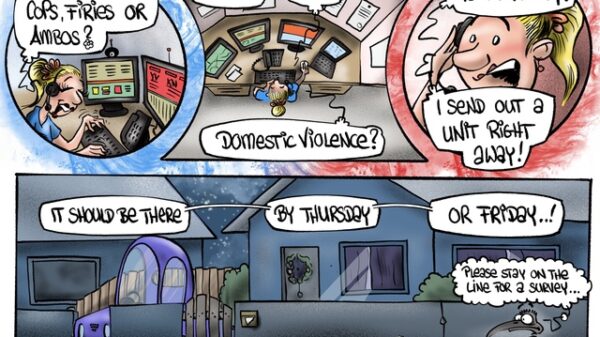Israel’s Foreign Minister, Gideon Sa’ar, announced the cancellation of visas for Australian representatives to the Palestinian Authority in response to Australia’s recognition of a Palestinian state. The decision also follows Australia’s refusal to allow entry to certain Israeli officials, including former Minister Ayelet Shaked and Knesset member Simcha Rothman.
In a post on social media platform X, Sa’ar expressed his discontent with Australia’s actions, stating that the Israeli Embassy in Canberra will now scrutinize all official visa applications from Australia. He described the Australian government’s stance as “shameful and unacceptable,” particularly in light of rising anti-Semitism in Australia. Sa’ar criticized Australia for what he called “false accusations” regarding the impact of Israeli figures visiting the country on public order and its Muslim population.
In a response, Penny Wong, Australia’s Minister for Foreign Affairs, condemned Israel’s actions as an “unjustified reaction” to Australia’s decision to support Palestinian statehood. Wong emphasized Australia’s commitment to working with international partners to promote a two-state solution, a ceasefire in Gaza, and the release of hostages.
The visa cancellations follow Australia’s recent denial of entry to Rothman, known for his inflammatory comments, including labeling Palestinian children as “enemies.” His planned speaking tour was cut short as Australia also barred entry to Shaked, who has made controversial statements against Palestinians. These decisions highlight Australia’s stance on individuals perceived as inciting division or promoting hate.
On August 11, 2023, Australian Prime Minister Anthony Albanese confirmed the country’s intention to recognize Palestinian statehood at the upcoming United Nations General Assembly meeting in September. This recognition aligns with a broader international push towards acknowledging Palestinian sovereignty.
Rothman has faced backlash for his comments about the humanitarian situation in Gaza. He has denied reports from international aid organizations regarding hunger among children and has defended Israel’s actions in the region, claiming that accepting refugees would allow them to “conquer your country.”
In a related statement, Tony Burke, Australia’s Minister for Home Affairs, reiterated the government’s commitment to ensuring safety for all Australians. He underscored that Australia does not welcome individuals who seek to spread messages of hate and division.
The Australian Jewish Association criticized the last-minute cancellation of Rothman’s visa, describing it as “spiteful.” The association’s CEO, Robert Gregory, stated that Rothman’s visit aimed to show solidarity with the Jewish community in Australia, which has seen an increase in anti-Semitic incidents.
Burke’s office provided background information on Shaked’s controversial remarks, which included derogatory statements about Palestinian children and proposals for repurposing Palestinian land. Additionally, the Australian government has imposed sanctions on two far-right Israeli ministers and has denied entry to individuals with histories of anti-Semitism, including rapper Kanye West.
The ongoing tensions between Australia and Israel over these issues reflect a broader geopolitical struggle regarding the recognition and rights of Palestinians. As diplomatic relations evolve, both nations are navigating a complex landscape of international politics, human rights, and community safety.





























































